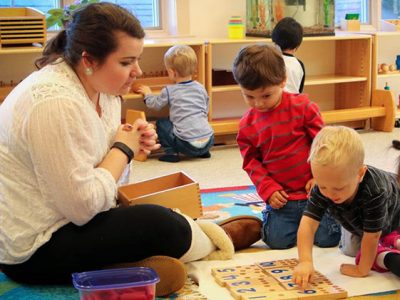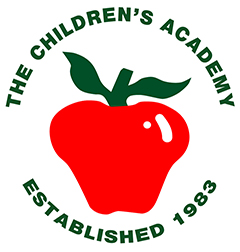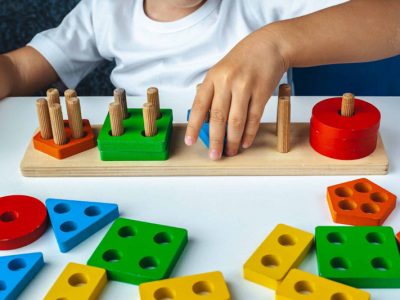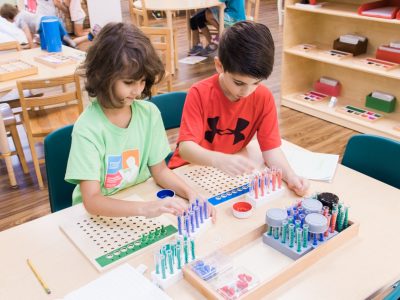
The philosophy at a Montessori school centers around the idea that child’s play is how they navigate the world around them. Maria Montessori, the Montessori method’s creator, said, “work is the child’s love the for the environment made visible.” A day at a Montessori school may feel like a day at play for a child, but they learn how to grow in the world around them.
A Montessori method includes the emphasis on social and cognitive growth in addition to intellectual development. Research shows that children aged 3-6 who were educated with the Montessori method were elevated in the areas of social cognition, interest in academics, and mastery organization. A benefit of this type of method is that the children are not only learning what is academically appropriate, but they are enjoying the way they are learning.
Key Learning Areas
The activities available in a Montessori school are ones that promote education on levels that are academically appropriate. The children are able to choose the activities they engage in, which may feel more like play. The activities focus on five key areas of learning. These areas are practical life, sensorial, mathematics, language, and culture. Additionally, Montessori schools cover health and wellbeing, school readiness, science, geography, and school readiness.
Environment
In the learning environment of Montessori school, different activities are set up that provide education in the key areas of learning. The practical life activities help children learn to take care of themselves and the things around them, which increases independence and self-confidence. It also helps the child learn to problem solve and face challenges. The learning environment may include opportunities for preparing food, cleaning, and watering plants.
The learning environment provides opportunities for children to develop intellectual senses, creating an ability to observe and compare. The activities in this area include materials that engage the sense of a child, having them match or grade their senses during the experience. These types of activities promote perceptions and awareness of senses. There are activities that allow a child to explore mathematics through number blocks and different counting tools.
These tools are similar in the activities that promote language education, including letter blocks and different word games. In the area of culture, children can experience different dynamics from the world and environment around them, including stories, artwork, community, society, and cultural background.
The idea of Montessori education is that the children are presented with opportunities that not only teach them what they need to grow academically, but they are also learning to engage in what they are learning. Giving children the choices and freedom to choose how and what they engage in promotes self-motivation and discovery, rather than the traditional teaching methods that are far more rigid and teacher led. If you would like to learn more about how a Montessori education will make your child happier, please call us at County Club Montessori, located in Mansfield Texas, at 817-473-8585.



